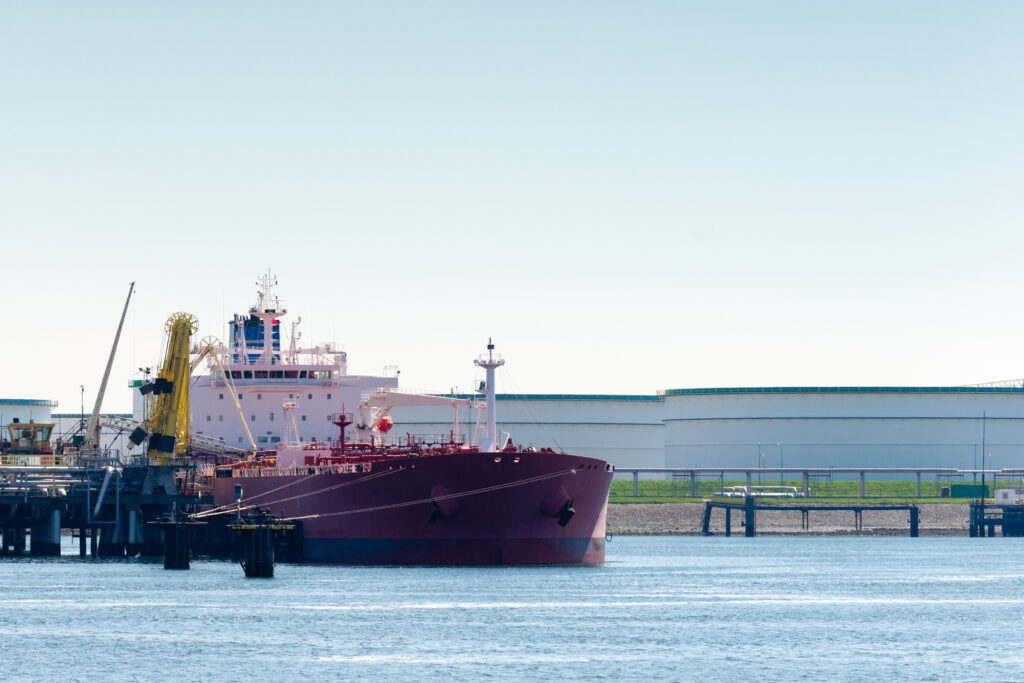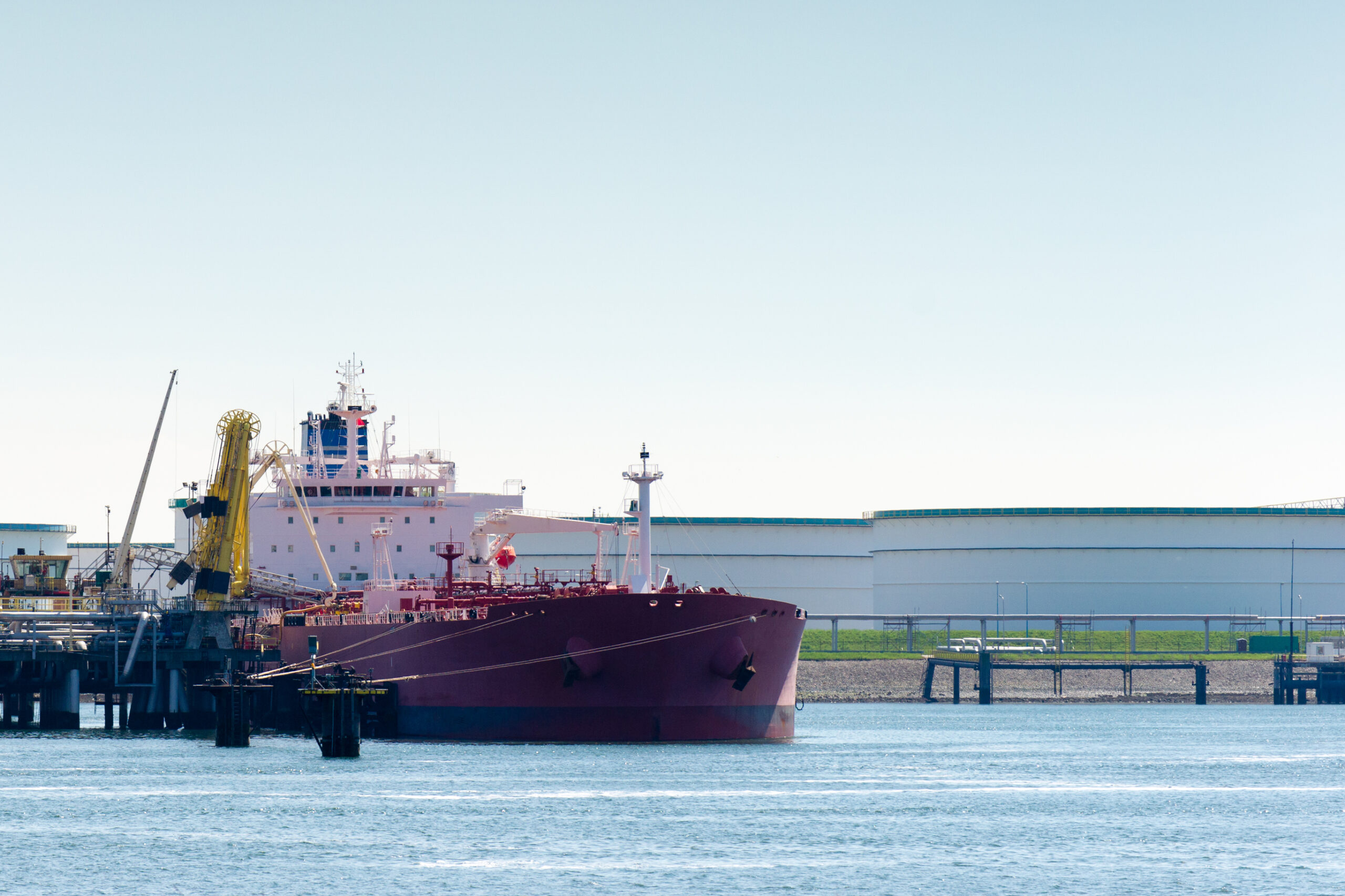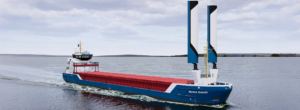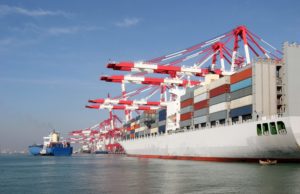
Rising sea levels could threaten seaborne oil and energy security, a new report warned. According to a new report by think tank China Water Risk (CWR) rising seas of 1m will submerge six key oil export ports which serve four of the top 10 crude oil exporters as well as swamp seven key oil import ports which serve four of the top 10 crude oil importers.
Many of the world’s biggest terminals are vulnerable due to the fast-rising sea levels, researchers said on Tuesday.
Stress tests of the world’s top 15 tanker terminals show that twelve will be impacted at just 1m of sea level rise (SLR), the China Water Risk (CWR) think tank warned in the report.
Asia is especially vulnerable with much of its oil delivered by sea, says the report. Of the world’s top five importers of crude oil which account for 60% of global crude oil imports, four of these are China, India, South Korea and Japan.
Oil is Japan and South Korea’s largest energy source at 39% and 36% respectively, yet almost 100% is imported by sea, making their energy security very vulnerable to rising seas.
Debra Tan, Head of CWR and lead author of the report highlighted that “Japan & South Korea are most at risk – nine ports which serve almost 70-100% of national refining capacity are hit at 1m of SLR. Yet, EV adoption rates are abysmal plus they’re far behind on their Paris climate pledges.”
“The consequences are far-reaching. Just 1m of sea level rise has the potential to disrupt up to 42% of global crude exports from Saudi Arabia, Russia, US and UAE as well as up to 45% of global crude imports to China, US, South Korea and the Netherlands. Oil exporting countries and nations reliant on oil imports by sea as well as oil majors must start factoring in sea level rise. Delaying oil transition will only accelerate rising seas, shooting the sector in the foot” warned Debra Tan.
There is certainly cause for concern as key drivers of rising seas, warming oceans and polar ice sheet losses, are experiencing record-breaking temperatures and unimaginable melt today.
Last year, UN Secretary General, António Guterres expressed concern that “some coastlines have already seen triple the average rate of sea level rise.” He’s worried, “the danger is especially acute for nearly 900mn people who live in coastal zones at low elevations – that’s one out of 10 people on earth.”
Debra Tan, the lead author of the report, says that oil expansion and growing emissions will only speed up rather than slow down rising seas.
She further elaborated that our current climate policy path of 3°C means that we could see rapid sea level rise in around 30 years’ time and a shocking 2-3m by 2100.
“Port security is energy security” emphasised Dr CT Low, CWR’s Geospatial Risk Lead and co-author of the report, “we worry that adaptation plans in place are not sufficient to address fast rising seas. Governments, asset owners, banks, port operators, shipping magnates, energy traders and downstream oil clients must all prioritise SLR assessments, port resilience & oil transition. The outcomes will dictate who survives the impacts.”



